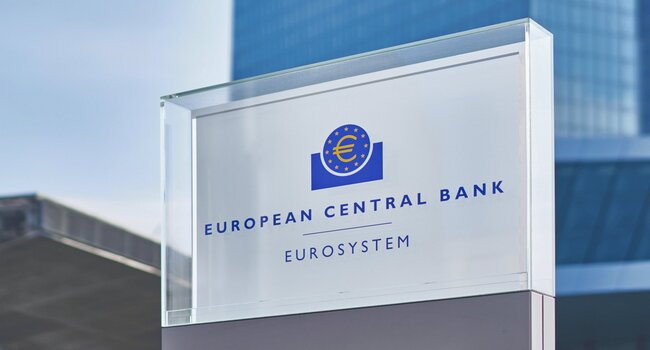Highlights:
- ECB proposes a digital euro to counter the rise of dollar-backed stablecoins.
- Trump’s executive order prohibits the Federal Reserve from issuing a CBDC.
- European banks fear losing deposits due to ECB-backed digital wallets.
The European Central Bank (ECB) is stepping up preparations for the introduction of the digital euro. According to Reuters, the move follows the recent announcement by U.S. President Donald Trump on his executive order on dollar-backed stablecoins. The move demonstrates the key difference between the approach to digital finance in Europe and the United States.
🚨 BREAKING: ECB is pitching a DIGITAL EURO as a response to Trump's crypto push.
Europe deserves innovation, not the ECB’s Digital Euro dystopia.
Is this REALLY the best Europe can do? pic.twitter.com/bl8c5BsYzY
— Crypto Tips (@cryptotipsreal) January 24, 2025
Trump’s Executive Order on Stablecoins
Recently, Trump signed an executive order to support the expansion of lawful, dollar-backed stablecoins globally. The order aims to strengthen the dominance of the U.S dollar in the global market. In addition, Trump’s orders also restrict the Federal Reserve from issuing a digital currency known as CBDC. Instead, they focus on the use of stablecoins within the United States financial system.
The order contains measures for the management of cryptocurrencies and the connection of banks with the crypto exchanges. This is expected to attract customers looking for alternatives to normal banking systems. The plan has raised eyebrows among European financial institutions regarding the potential global financial impacts of Trump’s plan.
ECB Responds with Digital Euro Proposal
In response, the ECB is advocating for the creation of a digital euro. ECB board member Piero Cipollone stressed the need for the move at a conference in Frankfurt. He also noted that stablecoins could “capture” European customers from traditional banks. Cipollone added that a digital euro is needed to mitigate the risks of Trump’s stablecoin agenda.
Unlike stablecoins, which are tied to fiat currencies like the U.S. dollar, a digital Euro will be more like an e-wallet. Guaranteed by the ECB, it will enable payments without the use of conventional banking systems. However, the individual balances in the digital euro might be limited and might not bear interest.
Currently, the ECB is conducting an analysis of the possible outcomes of introducing a digital euro. The final decision will depend on the European lawmakers’ decision. The project is to ensure the financial system’s stability in response to the pressure from dollar-backed stablecoins.
Concerns from European Banks
European banks have raised concerns about the possible effects of a digital euro. They worry that customers may move funds into digital wallets backed by the ECB, eroding bank deposits. This could pose a threat to traditional banks as they lose money and clients.
However, the ECB has insisted that a digital euro is necessary to ensure the eurozone’s financial competitiveness. It has also captured the increased adoption of the use of digital currencies across the globe. Nigeria, China, and Jamaica have already launched their CBDCs or are conducting trials.
European lawmakers will now consider the ECB’s proposal. The decision will set the stage for whether the eurozone will have its first CBDC. Meanwhile, the competition to shape the future of digital finance remains global and is speeding up.
With the concept of a digital euro, the ECB wants to respond to the growing influence of US stablecoins. While Trump prioritizes assets backed with dollars, Europe is interested in preserving financial sovereignty through a centralized digital currency.
Best Crypto Exchange
- Over 90 top cryptos to trade
- Regulated by top-tier entities
- User-friendly trading app
- 30+ million users
eToro is a multi-asset investment platform. The value of your investments may go up or down. Your capital is at risk. Don’t invest unless you’re prepared to lose all the money you invest. This is a high-risk investment, and you should not expect to be protected if something goes wrong.






